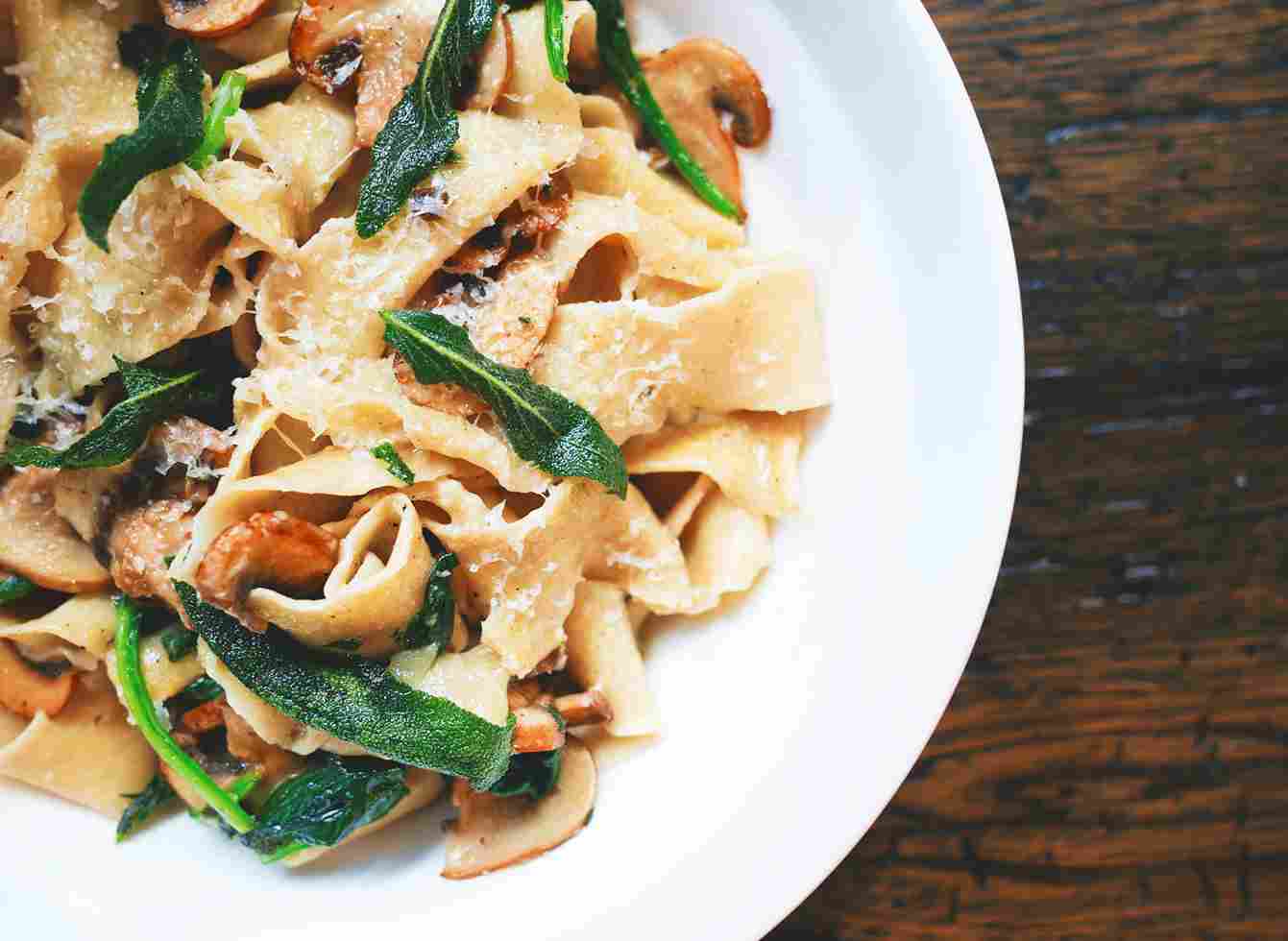A healthy diet and exercise should be two of the main parts of your study habits, but with homework, studying, and extracurriculars on top of that, it’s easy to slip up in both areas. This guide will help you prioritize eating healthily over your semesters. These tips will help you maintain good eating habits and stay motivated to exercise despite a busy schedule!
Although college students are advised to adopt a healthy diet, the dining hall food and the excessive junk food in their dorm rooms can make following this advice very difficult. The unhealthy eating habits of some students can lead to serious health problems, such as obesity, heart disease, and cancer later in life.
However, there are things you can do to make healthy eating a habit while studying so you can avoid these serious health problems later on.
Use the following steps to make your healthy diet while studying.

Healty eating helps to sets realistic goals
Avoid excessive hunger and fatigue by following a healthy diet plan. It will help keep you going when studying is hard, make sure that you get enough nutrition for your body. Set reasonable expectations that you can meet, such as waking up 30 minutes earlier on school days so you can spend that time cooking rather than consuming unhealthy breakfast items like toast or cereal.
Other examples of realistic expectations include always carrying healthy snacks in your backpack so it’s simple to grab one when you’re hungry or bored.
Find what works for you healty diet
The most important part of eating healthy is finding what works for you. Many people find that the key to their diet is balance and moderation–not depriving themselves, but also not overindulging in any one food group. Plus, it can be helpful to plan by packing snacks that are on hand when hunger strikes.
Meal prep or cook in bulk
Diet is one of the most important aspects of healthy living. Often, a diet consists of clean eating and a regulated caloric intake to keep body weight at a healthy level. Travelling makes sticking to this type of diet difficult. Cook as much food as possible, plan, eat lots of protein-rich food and make sure your daily snacks are packed with nutrients. Creating and maintaining a healthy diet while studying can be difficult but these tips can help!
Keep healthy snacks on hand
Keeping healthy snacks on hand is the best way to make sure you don’t get caught in the cycle of eating junk food while studying. Keep some of your favorite fruits on your desk and stash some nuts or pretzels in your bag. When you’re hungry, grab one of these snacks instead of heading out for a greasy burger.
It’s also important to take advantage of campus dining options. Campus cafes are usually healthier than fast food restaurants, but even those can be eaten in moderation. Tours are a great way to find out what’s available so that you can plan and avoid the temptation of grabbing something unhealthy when you’re exhausted from studying all day!
Avoid dining out
One of the best ways to make healthy eating a habit while studying is by avoiding dining out. If you’re going to eat out, find restaurants that have plenty of vegetarian or vegan options. If you’re looking for something quick, try grocery stores and convenience stores that have ready-made food like salads, sandwiches, and wraps. These are also often less expensive than eating at restaurants.
Drink plenty of water
Staying hydrated is key. Drink plenty of water, and avoid caffeinated beverages (tea, coffee, sodas) and alcohol. Avoid snacking on salty or sugary foods too often, as these will only make you thirsty. If you find yourself feeling hungry, try snacking on fresh fruit or veggies instead of processed snacks like chips or cookies. When you go out for your afternoon trekking break, bring some water with you so that you can refill your bottle when needed!

Avoid late-night snacking
A crucial component of healthy eating is balancing what you eat throughout the day. Late-night snacks are not only too late for your body, but they also often lead you to overeat and unhealthy choices. Late-night snacking can disrupt your sleep, meaning that you will be more tired during the day and have less energy for studying.
This can lead to difficulty concentrating in class, which in turn leads to lower grades. The best way to avoid late-night snacking is by making sure that you have balanced your diet throughout the day.
Get enough sleep
A good night’s sleep is essential for maintaining a healthy diet.
When your blood sugar levels dip, you’re more inclined to grab sweet or calorie-dense foods if you don’t get enough sleep.
Inadequate sleep can also make it more difficult to keep a healthy dietary balance, which can result in poor energy and weight increase.
Finding the ideal balance between what you eat and how much time you spend studying is the greatest approach to maintaining a balanced diet while you are studying. It should be feasible, with proper preparation, to eat at least three healthy meals each day and still have time for study breaks and exercise.




